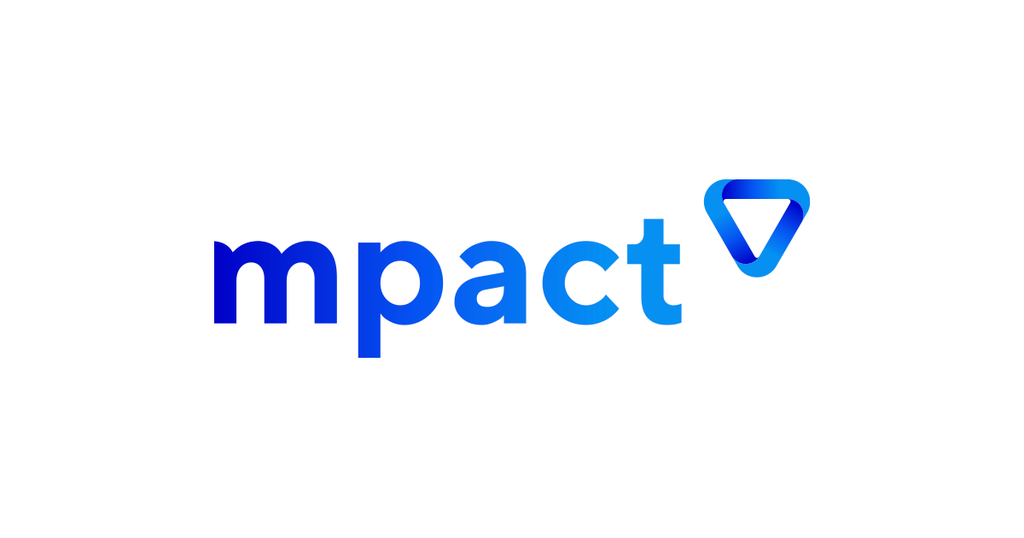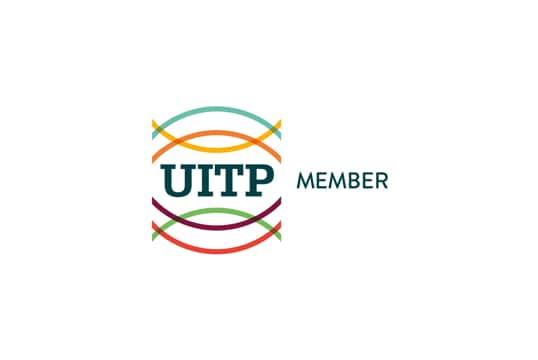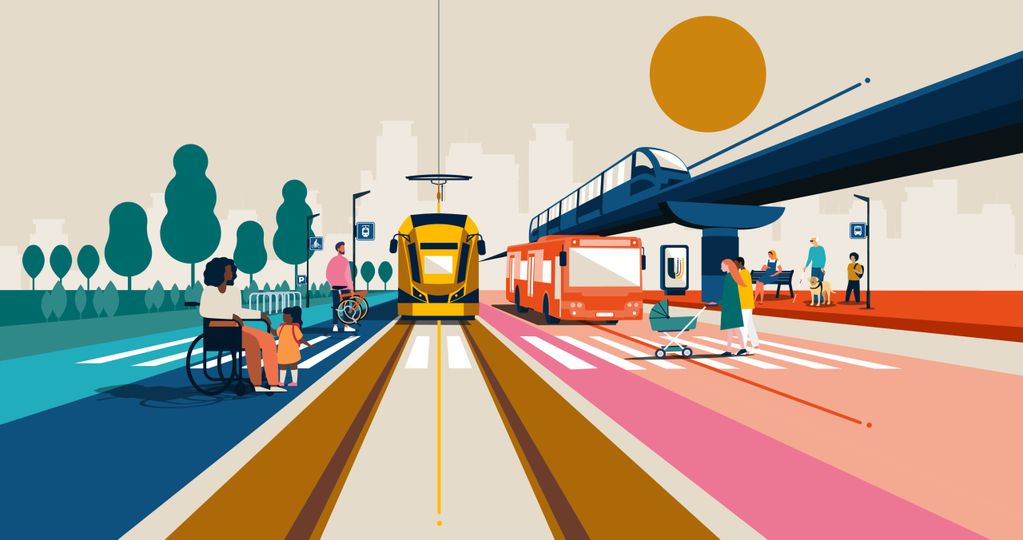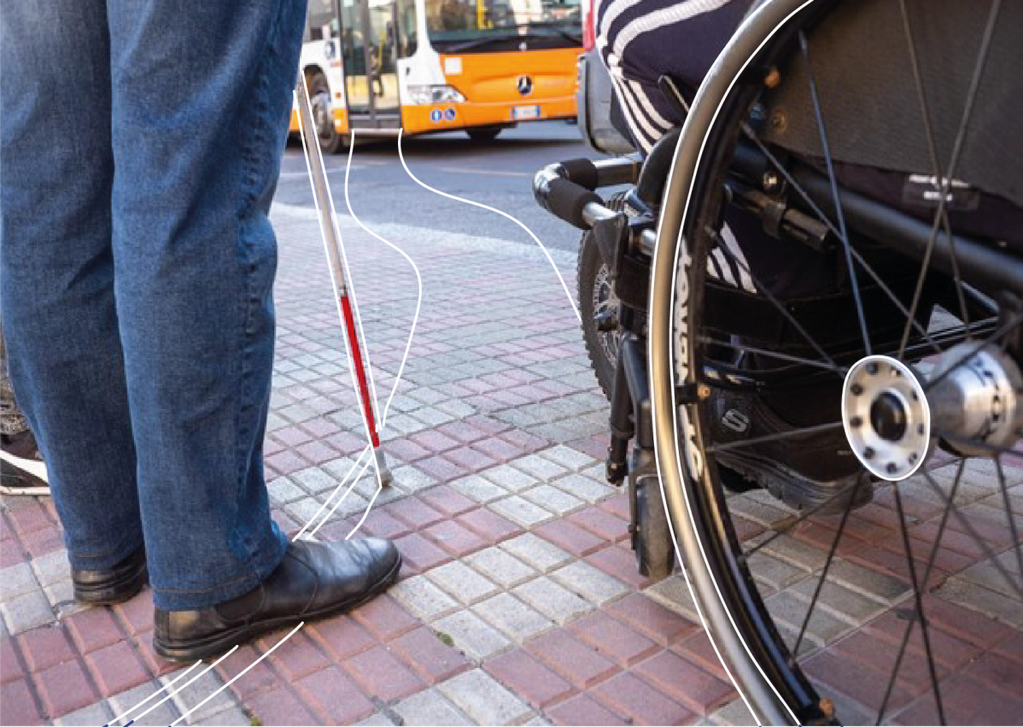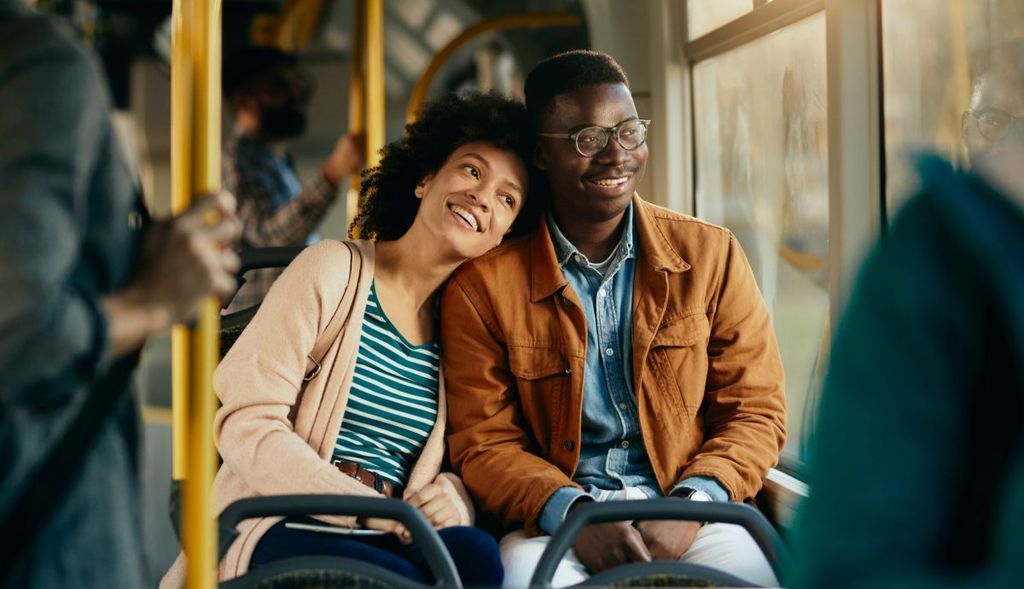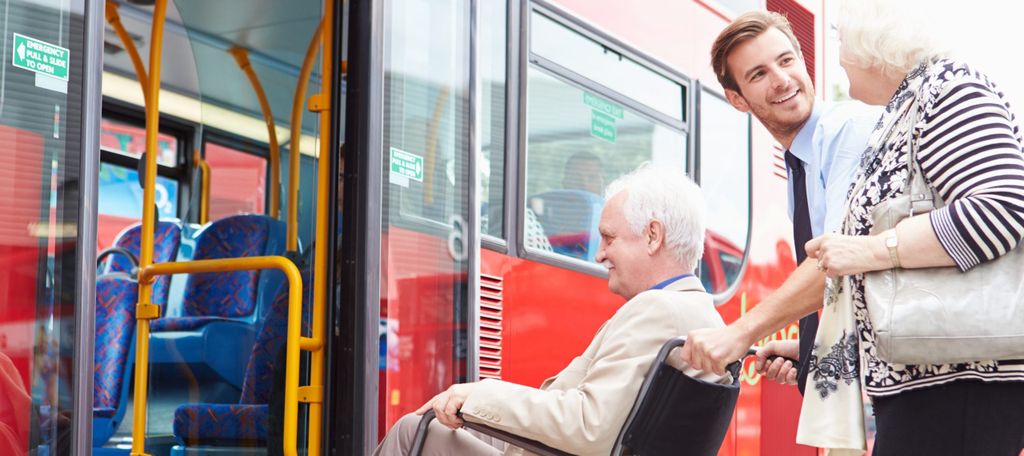
Accessibility
How bus, rail and waterborne can stay accessible to all
Public transport should guarantee every person on earth the mobility they need to live their life. From work and leisure to visiting family and reaching medical care, public transport needs to be accessible to all.
16% of the world’s population is disabled in some way, a number that is likely to increase as people grow older. And though the number is decreasing, another 750 million people, which equals the entire population of Europe, have difficulty reading and/or writing.
Much has been done to make the public transport sector more accessible. For example, Brussels’ public transport operator STIB has made 53 out of 69 metro and pre-metro stations accessible by elevator and is steadily removing the gap between trams and platforms.
But accessibility encompasses much more than making sure disabled people can access vehicles. What about a parent travelling with their newborn in strollers? Or the 1 in 12 men that have some form of colour blindness?
Read our latest articles on accessibility
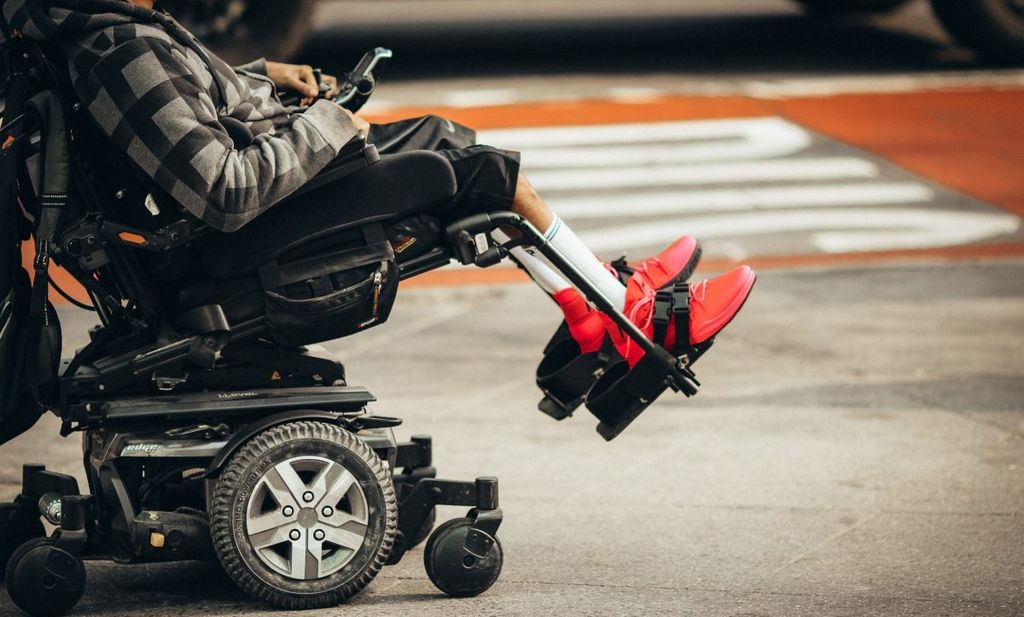
Through multiple projects, publications and ongoing research, UITP aims to be a leading voice and stimulate the sector to ramp up its efforts in accessibility. Over the past years, UITP has been involved in the TRIPS project, which takes practical steps to address and preempt discrimination of all citizens who are disabled by barriers and challenges in urban transport.
The Lecco Declaration on Accessible & Inclusive Public Transport
The “Lecco Declaration on Accessible & Inclusive Public Transport” is a crucial framework aligning key principles that organisations can build on to improve their own implementation of accessibility and support the realisation of accessible public transport.
“When discussing accessibility it is challenging to make sure all the different transport stakeholders are on board with such measures and coordinating their efforts. The Lecco Declaration is important because it forces the sector to focus their attention on the user. We have to educate the sector that we are not only doing this for persons with reduced mobility, but we are doing this for everyone.”
The following stakeholder organisations have signed the declaration
- Alstom
- ATM Milan
- BKK (Centre for Budapest Transport)
- BKV Zrt. (Budapest Transport Privately Held Company)
- Carris, Lisbon
- Eindhoven University of Technology
- EMT, Madrid
- Factual Consulting
- Hamburger Hochbahn
- MPact, Belgium
- SkedGo
- SRM, Bologna
- TMB, Barcelona
Let’s improve accessibility together!
- 15% of people suffer from a disability
- 1 in 12 men is colour blind
- 750 million people have difficulty reading and writing
- 9 in 10 children with disabilities do not go to school
The way we move
In our work with BBC Storyworks on the ‘The Way We Move’ series, a number of videos were dedicated to our members’ projects to make their networks more accessible. Click the button below discover ‘The Way We Move’, and pay special attention to the story from Singapore, Ottawa, and Tampere that put accessibility at the centre.
Contact
UITP

become a member
exclusive resources

